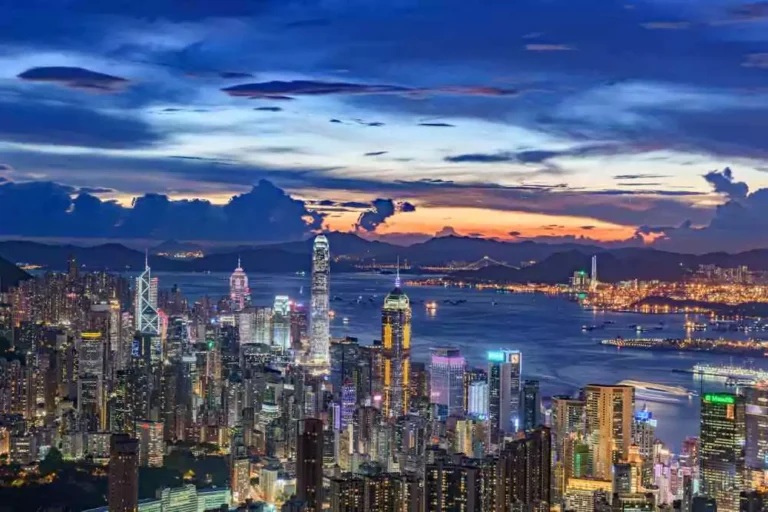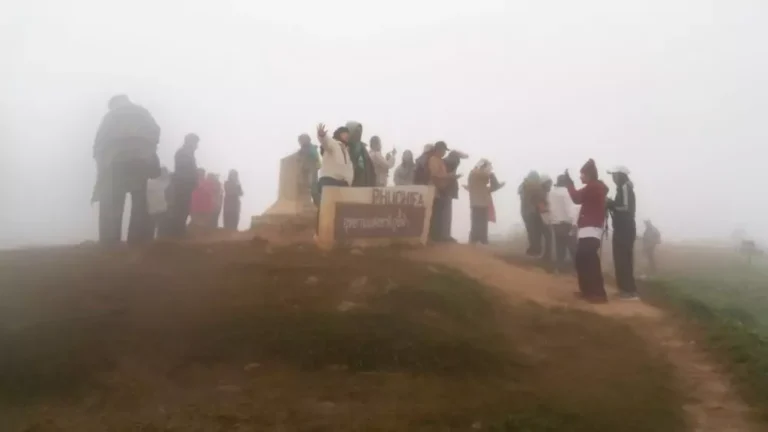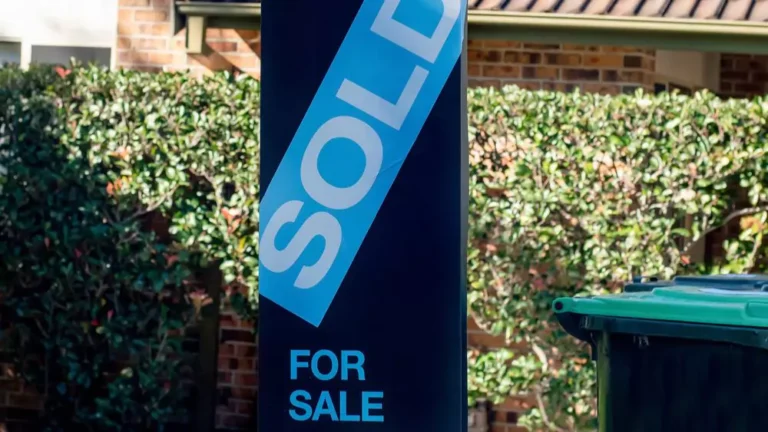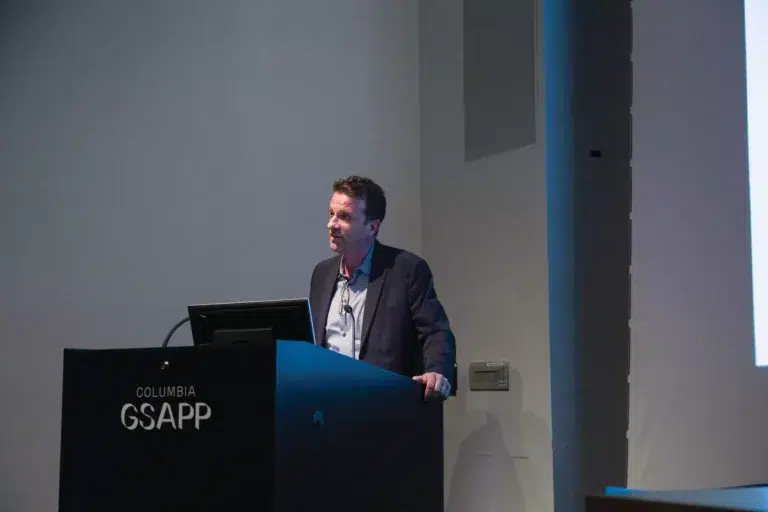Creating sustainable cities for future generations
Developers are stepping up by building walking cities and setting green standards

A glimpse into the future
The year is 2050. We’re still living on Earth, but possibly as fractured communities. The air is grimy and polluted, everyone is wearing gas masks, the grass is barely green, and all you can see in the horizon is toxic land and waste.
Hundreds of movies that portray possible scenarios of what our future could be all possess a common theme – a world eventually depleted of natural resources. We all know what the result would be if we continue to live our lives as we always have, but are we doing enough or anything as a matter of fact, to change this course we’re on?
According to economicshelp.org, “environmental sustainability is concerned with whether environmental resources will be protected and maintained for future generations.” Currently, we’re already seeing melting ice caps, the endangerment of countless species, deteriorating forest land, and much more. I believe that we would want our grandchildren, and their grandchildren, and so forth, to be able to live in the same world (hopefully a better world) than we live in today.
Many leaders and developers have hopped onto the ‘smart cities’ train to prepare a better future for succeeding generations.
Actions are louder than words
However, it’s always easier said than done. At the virtual edition of the PropertyGuru Asia Real Estate Summit 2020, Chanond Ruangkritya, chief executive officer of Ananda Development mentioned in a panel discussion about Leaders who are creating smarter, healthier, and safer cities that, we are “living in a false reality right now.” As a property developer, he realised that he’s not doing enough to address these difficult environmental issues, and he wished he had more solutions to share.
Chanond further adds that environmental sustainability hasn’t been fully addressed in Thailand yet, considering the ongoing political instability, and other matters like PM2.5 that are being prioritised by the government at the time being.
“I think there’s always urgent issues and as a developer, we try to do our best,” he added.
It is great to live with optimism and stay positive that things can change, but it is also important to realise our actions and how much impact is actually being done.
Ananda Development is a transit-oriented development, with a business model that focuses on investing in locations around mass transit. The company believes mass transit is the most sustainable way to live in the future, but due to COVID-19, people have shifted to using their own cars for social distancing reasons. Thus, what the company regarded as a great solution to addressing sustainability, unprecedented events like the pandemic are actually hurting their business and forcing them to adjust to new consumer behaviours and preferences.
Taking matters into our own hands
Shaishav Dharia, chief executive officer of Townships and Annuity Assets at Lodha Group India, continued that environmental sustainability is hard to control, and “you’re quite limited even though you want to do as much as you can.” However, as his company develops townships, environmental sustainability becomes a topic that the firm can control – to some extent.
“The effort has been to do the right thing. We have found that the focus on environmental sustainability is aligned with our economics goals, as well. It’s not costing a whole lot more and whether big tradeoffs need to happen,” said Shaishav.
For instance, the company set a goal back in 2010 on how many trees it can plant to help air quality. Given the developer’s sheer quantity of land, it was able to achieve its goals. Developing a walking city has also been on top of the agenda in order to help reduce carbon footprint. The pandemic turned out to be tremendously helpful, as people were limited to how many hours they were able to leave home.
Shaishav believes that there’s opportunity with every crisis. Pre-pandemic, offices were located in business districts, and people would have to travel into the city to work. As of now, many of them have talked to the company about creating offices near residential homes to allow short than long travelling distances. This should be the way we’re moving towards to address environmental sustainability, as well as achieve business goals.
By making it a standard for every company to address environmental sustainability, smarter and healthier cities can be automatically developed in the future. Lynette Leong, chief sustainability officer at CapitaLand Group, mentions a shift in stakeholder perspective, leading CapitaLand to rethink their investment decisions. Nowadays, investors have analysts to look at social, environmental, and governance factors of each company, no longer evaluating solely on financial performance.
She further adds that one of the business’ driving forces is regulators. In Singapore, the government has pledged the nation to be carbon neutral by the second half of the century. China is also committed to being carbon neutral by 2060, along with Japan and Korea by 2050. Singapore is also facing physical consequences like rising sea levels that have led the government to take serious action.
“Physical risks are very real,” Lynette added. “So, with the governance moves, you can imagine the amount of regulations that are going to come through in the countries we operate in, in the form of carbon taxes, for example.”
Lynette continues to say that the environment has taken a much larger attention, as the company provides health and safety for its tenants. Offering financial incentive can be a great solution, such as reducing interest rates as developments meet certain sustainability targets. “Sustainability is not just a risk, but a reward as well.”
Regulations, regulations, regulations
As stated by the United Nations, governments play an important role in implementing policies to help achieve sustainable development goals and targets. Governments need to recognise that authorities play a key role in executing sustainable developments, as well as encouraging citizens and stakeholders to engage.
Kristin Thorsteins, partner at Portman Investment Pte. Ltd., mentioned the requirement of “regulations that impact how sustainability is integrated into the way things are done.” In terms of countries’ enormous physical stimulus in response to COVID-19, there was missed opportunity as a lot of money did not go into supporting green energies. Kristin believed that many rich industrialised countries like Australia and Japan could’ve taken that route, but such didn’t happen.
“In the face of a black swan event like COVID-19 that is linked to environmental sustainability and impacts biodiversity in the face of such crisis, governments failed to seize the opportunity to direct investments into green energy transitions. Having said that, what is driving sustainability goes down to what each of us can do,” said Kristin.
Nobody is an island, and the world requires each and every one of us to contribute. “In regions where sustainability is not dictated from above, it’s kind of become the responsibility of companies to try to fill some of that void.”
Environmental sustainability covers the long-term health of ecosystems, meaning protecting the long-term efficiency and health of resources to meet the economic and social needs of the future.
Gaynor Reid, vice president of communications & CSR at Accor in Southeast Asia, said that Accor has implemented sustainability policies since the 1970s, before any of its competitors. What’s important to remember is that policies aren’t just applied to limit our impact, but to also give back into the future.
“We have to go beyond what we’re doing today. For example, using solar energies in our hotels to not just provide the energy that we need, but to put energy back into the community,” concluded Gaynor. “It’s about giving positively back to the environment, and ensuring our hotels are looking towards the future.”
Recommended
6 sights to spot in Jardine’s Lookout, Hong Kong
With its sumptuous harbour vistas, this low-density area is one of the most sought-after in Hong Kong
ARES White Paper Volume 3: The era of adaptive reinvention
Pioneering sustainable and innovative practices in urban development
ARES White Paper Volume 2: Unravelling the power of data revolution in real estate
Insights on proptech, smart cities, and sustainable development
ARES Digital White Paper Volume 1: The fundamentals of responsible building
Green and climate heroes join forces to discuss how Asia Pacific can weather the current environmental crises and the looming effects of climate change






